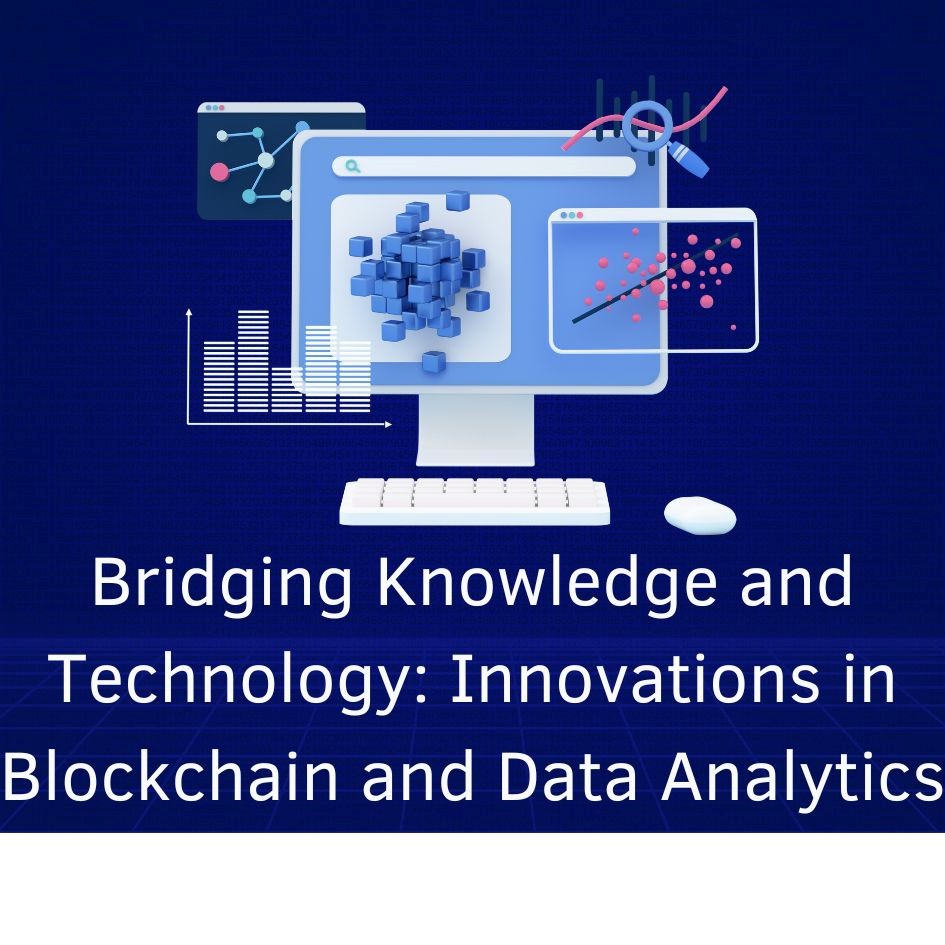Innovations in the intersection of blockchain and data analytics are transforming the landscape of modern education. This insightful exploration by Ramesh Babu, a distinguished technologist, highlights how integrating these technologies can close the gap between theoretical knowledge and practical application.
The Integration Imperative
In today’s fast-evolving tech environment, the need for a practical approach to education is more pressing than ever. Traditional teaching methods often fall short of preparing learners for the real-world demands of emerging technologies. By integrating blockchain and data analytics into educational curricula, institutions can equip students with the skills needed to excel in a digital-first world. This approach doesn’t just teach concepts but emphasizes hands-on experience, bridging the critical gap between understanding and implementation.
Blockchain’s Educational Potential
Blockchain, a revolutionary technology, offers more than just decentralized finance and secure transactions. In the educational sphere, it serves as a reliable infrastructure for maintaining secure, tamper-proof records of student achievements and certifications. This transparency and immutability transform how academic qualifications are stored and verified. Moreover, blockchain’s smart contract capabilities open the door for automated credentialing processes, providing a streamlined experience for both learners and institutions. Such applications of blockchain make educational practices more efficient and reliable.
Data Analytics for Insight-Driven Learning
Data analytics is another pillar reshaping educational practices. As students interact with digital learning platforms, a wealth of data is generated, from engagement metrics to performance trends. Leveraging this data enables the creation of personalized learning experiences tailored to individual needs and preferences. Data-driven insights can also identify areas where students struggle, allowing educators to offer targeted support and interventions. This customized approach fosters a more engaging and effective learning environment, making education adaptive and learner-centric.
Enhancing Decision-Making with Data
Educational institutions gain significantly from the decision-making capabilities enabled by data analytics. Administrators can effectively monitor and predict enrollment trends, optimize resource allocation, and assess the success of different teaching strategies. By examining both historical and real-time data, these institutions can make well-informed decisions that enhance outcomes for both students and faculty. This thoughtful and strategic use of data results in more efficient and intelligent operations, ensuring that educational programs remain impactful, relevant, and better aligned with the evolving needs of learners and the academic community.
Building Skills for the Future
As blockchain and data analytics transform education, they also create a strong foundation for developing a workforce skilled in essential emerging technologies. Courses and programs designed around practical, real-world projects equip students with the ability to tackle challenges they will encounter in professional settings. This immersive, hands-on learning approach fosters problem-solving abilities, drives innovation, and provides students with a competitive advantage in the job market. The future generation of technology professionals will gain not only a comprehensive understanding of these advancements but also the practical knowledge required to apply them strategically and effectively in their careers.
Challenges and Opportunities
Integrating blockchain and data analytics into education offers tremendous potential but comes with its own set of challenges. Implementing these innovations demands substantial investment in infrastructure and a shift in conventional educational approaches. Moreover, equipping educators with the necessary skills to teach and utilize these technologies effectively is essential. Despite these obstacles, the long-term advantages make this transformation imperative. The chance to revolutionize the learning experience and develop a more effective, skills-focused educational system far outweighs the initial difficulties, promising a future where education better prepares students for the evolving demands of the world.
A Vision for Transformative Education
Leveraging blockchain and data analytics to transform education is ambitious but achievable. By embracing these technologies, educators can deliver secure, transparent, and data-driven learning experiences. The synergy between advanced technology and effective practices has the potential to revolutionize both how we learn and apply knowledge, preparing students for future challenges in an ever-evolving technological world.
In conclusion, Ramesh Babu’s exploration envisions a future where education transcends theoretical learning, becoming a pathway to real-world impact through the seamless integration of blockchain and data analytics. This shift promises to reshape how knowledge is acquired and applied, making education more practical and relevant to modern technological demands.

